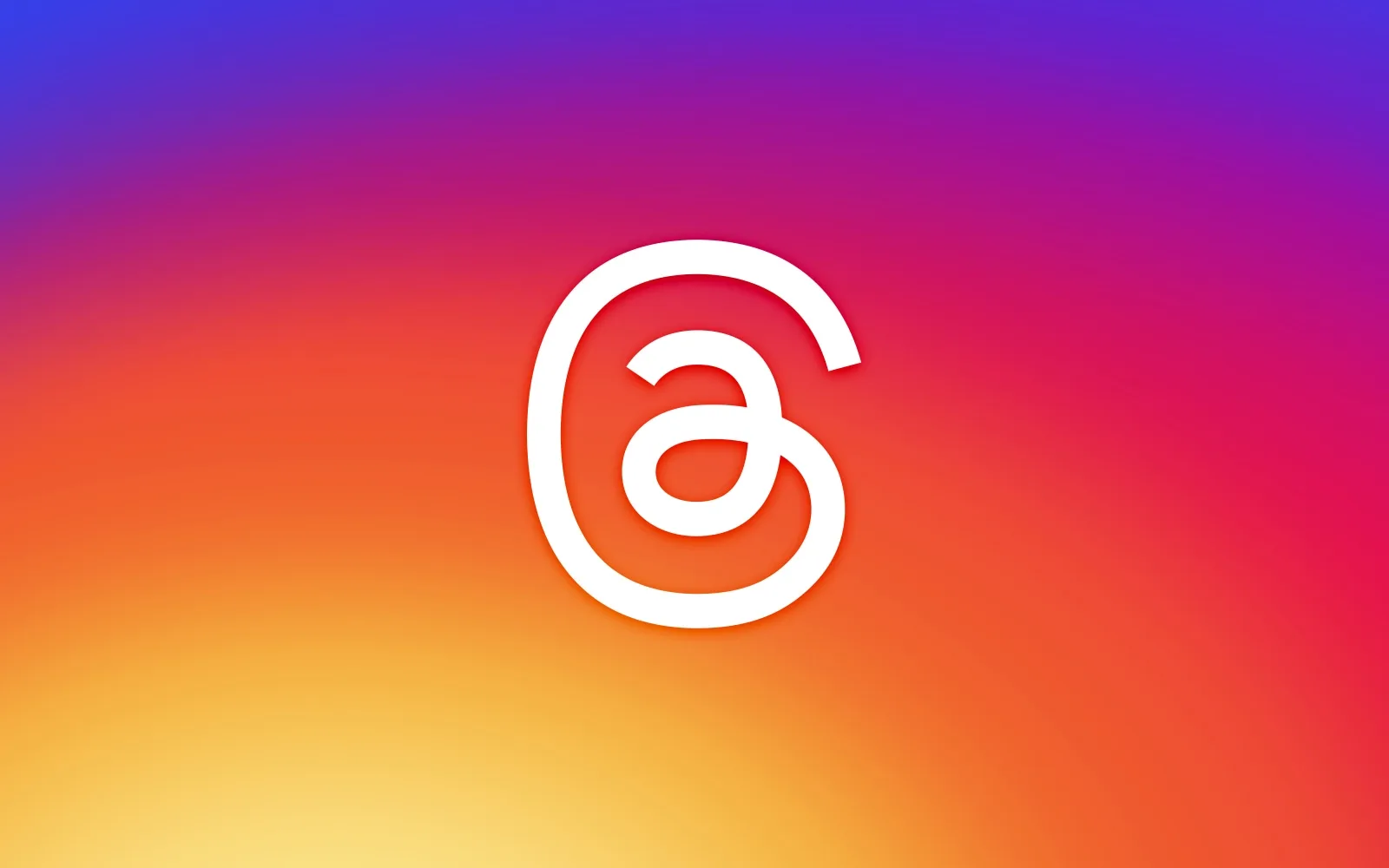Why are we all so excited about Threads?

Threads — the new competitor to Twitter built by the Instagram team — was launched on July 5, and as of this writing, has over 86 million users. Which is a pretty impressive figure even when you take into account Threads’ really low barrier to entry. (You create and access your Threads account using your Instagram account.) But that number’s as much an indictment of Twitter (or more accurately, of Elon Musk’s handling of Twitter) as it is a testament to Threads itself.
If Musk hadn’t done so much to sabotage Twitter since acquiring it last October (e.g., firing critical employees, antagonizing users and advertisers, embracing the platform’s worst aspects), then I’m not sure Threads would’ve enjoyed anywhere near this much success. It really is damning that Musk-era Twitter has left users so starved for anything resembling a healthy, viable platform that they’re flocking to something that, if we’re being honest, resembles a Twitter beta more than a mature release.
Public betas and test releases are nothing new, and are often valuable in terms of getting user feedback and testing. Threads’ current incarnation, however, feels like a minimum viable product that was rushed to release, not because its developers thought it was ready (every developer wants more time for testing and polishing), but because the higher ups insisted it be released now. (Although, to be fair, I’d probably want to take advantage of Musk’s bungling as soon as possible if I were them, too.) Casey Newton’s right:
Had Meta launched this app in 2019, it seems safe to say, everyone would have rolled their eyes. Its big new feature is … logging in with Instagram? Come on.
By the standards of Twitter 2.0, though, it can feel like a miracle. Reading unlimited posts for free? On a robust network that basically never goes down? That is monitored by a robust team of content moderators, following a stable set of community guidelines?
When the competition is an app where “cisgender” is considered a slur, Threads has an easy time standing out as an oasis of calm and civility.
So why does Threads feel like a Twitter beta? Let me count the ways:
- No chronological timeline. Threads’ only timeline is controlled by its algorithm, which means posts (threads?) from the accounts you actually follow get lost amidst posts from accounts that the algorithm thinks you should see. Which, of course, is something that everyone hates about Twitter (and social media in general). A chronological timeline is in the works, but it’s something that should’ve been present on Day One (and if they truly wanted to engender some good will, set as Threads’ default view).
- No hashtags or content search. There’s currently no way to follow trends or specific topics, or to “tag” your posts and participate in any larger conversations — which is something that made Twitter so special and vital. (Obviously, there’s a downside to such trending topics, which necessitates careful content moderation.)
- No web version. Currently, you can only view accounts and posts on the web. In order to actually do anything on Threads, like create a post or leave a comment, you must use the mobile app. (This is a personal dealbreaker for me, since I tend to prefer web interfaces to mobile ones.)
- No ability to edit your posts. Granted, this isn’t something possible on Twitter (not unless you’re willing to shell out $8/month, that is), but it is possible on Instagram. Allowing anyone to edit their posts on Threads, like they can on Instagram, would be a great way to differentiate from Twitter.
There are other concerns unrelated to Threads’ lack of features, starting with Meta/Facebook’s questionable record concerning privacy and content moderation over the years. (Here’s everything Threads wants to know about you.) And although Threads isn’t intended for news and politics, publications and journalists will undoubtedly flock to the platform alongside everyone else — which makes me wonder if anyone’s learned a lesson from when Facebook burned publications with their “pivot to video” nonsense.
Finally, there’s the overarching concern, should Threads take off and supplant Twitter, that three of the world’s biggest social media platforms are owned by a single company. We should want more diversity in the social media sphere, more options so that users can find the right one for them. Even if Threads improves as an app and a platform, it would still mean that social media is increasingly monolithic. (That said, I’m encouraged by Threads’ commitment to ActivityPub, which means that a Threads user could theoretically take all of their content and move to a different platform. Decentralization and interoperability are very good things.)
I ultimately remain ambivalent concerning Threads. Do I hope it improves (i.e., adds a chronological timeline) and becomes more useful for people? Sure, I guess. Do I hope that it replaces Twitter? Again… sure, I guess. Will I use it regularly? I honestly don’t know. (I can already feel Threads going the way of Post in my daily routine.) But longtime readers should know my soapbox by now: it shouldn’t affect you one whit if social media platforms like Twitter, Threads, et al., fail and disappear, because if you’re posting online, you should own and control your own content. And fortunately, that’s easier now than it’s ever been.